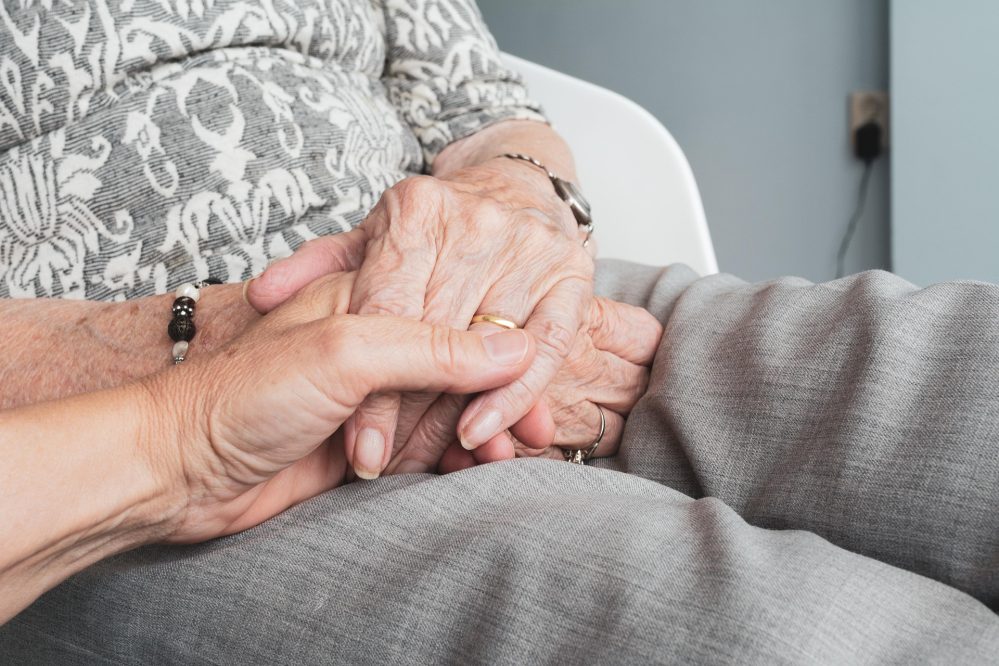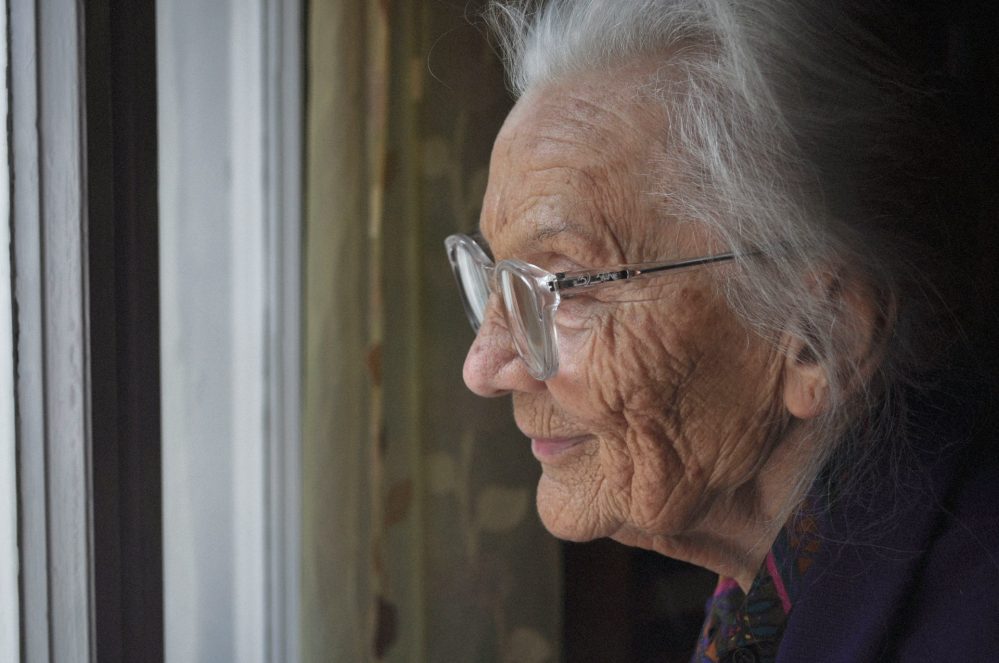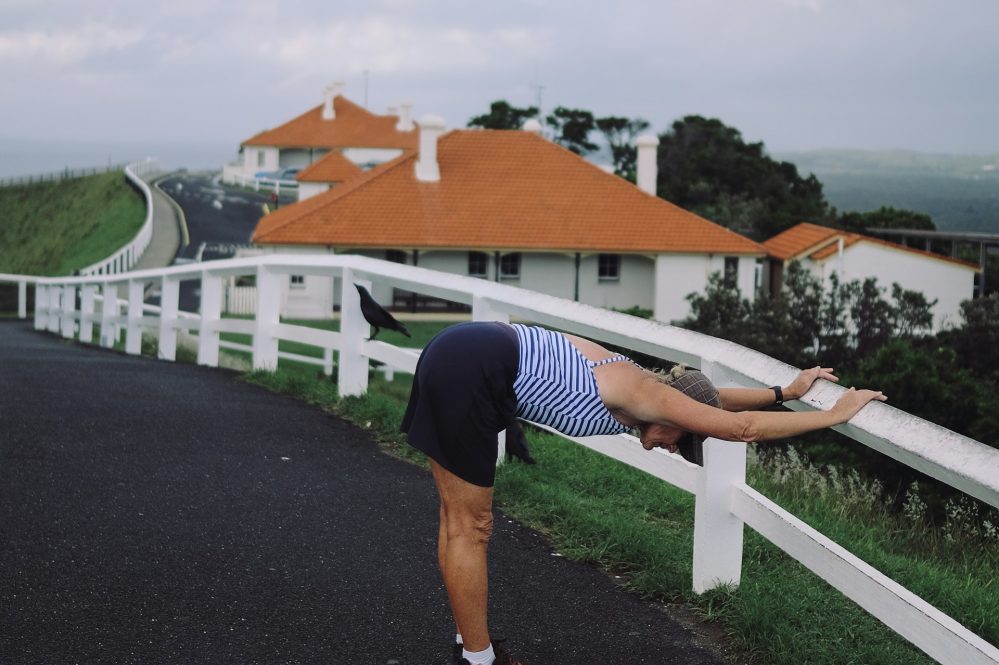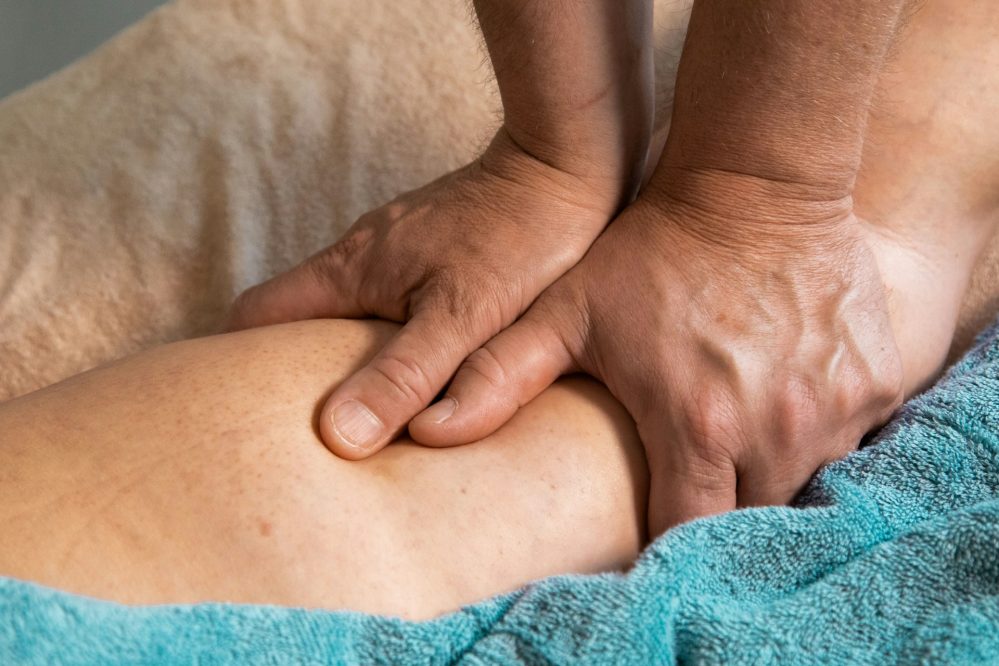Key Takeaways
— Core pillars of holistic senior care include physical health, cognitive and emotional wellness, spiritual fulfillment, and strong social connections.
— Integrative therapies like yoga, massage, mindfulness, acupuncture, and nutrition help enhance seniors’ quality of life and complement medical care.
— To improve holistic care skills, focus on empathy, communication, observation, and ongoing education through programs like AIAM’s nursing and massage therapy training.
By 2050, nearly a quarter of the U.S. population will be over the age of 65, up from just 17% in 2022. That means more than 80 million Americans will fall into the senior age bracket, and they will bring with them a range of needs that may not necessarily require traditional medical care.
While some older adults may face illness, many simply require support to maintain their overall well-being in areas like physical health, emotional stability, mental sharpness, and social connection. In this case, what they need is holistic senior care.
What Is Holistic Senior Care?

The word “holistic” is centered on the idea of looking at something as a whole rather than just as isolated parts. In the context of health and wellness, it implies caring for a person’s complete well-being, including their body, mind, emotions, and social life.
Holistic senior care follows this same philosophy. Rather than focusing only on treating illness or physical decline, it considers every aspect of an older adult’s life and how those parts interact. It is a person-centered approach that aims to improve quality of life by addressing the full picture of a senior’s needs.
Holistic care recognizes that a person’s well-being depends on more than test results or medical checkups. It takes into account how someone feels throughout the day, whether they’re engaged in routines that energize them, how connected they remain to others in their life, and what personal values or experiences continue to give their life meaning.
Core Pillars of Holistic Health for Seniors
The idea that health is not just physical can be traced back to the time of Florence Nightingale, the founder of modern nursing. Nightingale emphasized the unity of body, mind, and environment and consistently encouraged nurses to care for the person, not just their symptoms. Such principles continue to influence the way registered nurses support aging with dignity, comfort, and purpose.
To be more precise, holistic care is centered on the following core pillars that guide registered nurses on how to best support their patients:
Physical wellness
This pillar focuses on maintaining and improving the body’s health through proper nutrition, regular movement, chronic condition management, and medical care. It also includes sleep hygiene, pain relief, mobility support, and injury prevention. The goal is to make sure that the body stays as strong and resilient as possible.
Mental and cognitive health

Mental sharpness and emotional well-being are also important when it comes to aging well. This includes memory care, mood regulation, brain-stimulating activities, and support for conditions like depression, anxiety, or dementia. Encouraging lifelong learning, creative outlets, and problem-solving can also help preserve cognitive function.
Spiritual wellness
Spiritual health is about a sense of purpose, peace, personal meaning, and ongoing connection to something greater than oneself. It could be related to religion, philosophy, or simply personal reflection. Still, many seniors benefit from time spent in prayer, meditation, nature, or creative pursuits that give them comfort and perspective, especially during times of transition.
Social and community connection
Isolation, unfortunately, is quite a common problem as people age, and it can deeply affect their health. Because of this, senior holistic health also relies on social connection. This pillar includes family involvement, peer friendships, participation in group activities, and opportunities to engage with the community. Feeling seen, heard, and valued can have a direct effect on both emotional and physical well-being.
Integrative Therapies for Seniors
While traditional medical care remains crucial in all stages of life, more and more people, including seniors, are now turning to integrative therapies to support their overall well-being. These approaches help older adults feel stronger and more connected in their daily lives.
Yoga and gentle exercise

For many seniors, their ability to stay on their feet and be active can be the difference between independence and dependence. However, physical activity doesn’t have to involve intense workouts or demanding routines. Simple, low-impact practices like yoga, tai chi, and daily stretching can be just as effective. These activities improve balance, help with flexibility, strengthen muscles, and reduce the risk of falls while also creating a sense of calm and focus.
Yoga, especially, offers support by encouraging mindfulness and helping regulate breathing. Over time, this can help lead to better sleep, improved mood, and a clearer, more grounded mindset.
Nutrition and natural diets
What we eat matters at any age. A nutritious diet supports the body’s needs and helps prevent malnutrition and chronic conditions such as heart disease, stroke, diabetes, and certain types of cancer. In later years, diet becomes even more important, as older adults are more susceptible to nutrient deficiencies and the long-term effects of dietary habits.
Foods rich in antioxidants, healthy fats, lean proteins, and fiber help protect cognitive function and promote heart health. Colorful fruits and vegetables, omega-3s from fatty fish or flaxseeds, and whole grains are a few of the foods that seniors can benefit from incorporating into their diets.
Mindfulness and meditation
Mindfulness and meditation give seniors tools to navigate some of the changes they go through with age with more peace and clarity. They help train the mind in order to stay in the present moment.
With consistent practice, meditation and mindfulness can lead to several psychological benefits, such as enhanced well-being, fewer emotional and mental health challenges, and better control over reactions and behaviors. It’s easy for seniors to add mindfulness and meditation into daily life through quiet breathing, guided sessions, reflective walks, journaling, or simply taking a few calm moments to observe their surroundings.
Alternative therapies
In addition to the changes made in lifestyle habits, many seniors can find comfort and relief by incorporating alternative therapies. These aren’t meant to replace medical care but rather to work alongside it. Some such therapies include:
Acupuncture
This ancient practice uses ultra-fine needles to stimulate energy points throughout the body. Acupuncture has been shown to help with chronic pain, digestive issues, and even mood regulation. For seniors dealing with arthritis, fatigue, or sleep troubles, acupuncture can be a gentle, effective option.
Massage therapy

Massage therapy, especially when provided by a professional massage therapist who is trained in senior care, can offer a range of benefits. It supports better circulation, eases muscle tension, and calms the nervous system. This kind of hands-on care may also help promote relaxation and physical comfort. Over time, it can contribute to a greater sense of ease and overall well-being.
Aromatherapy
Healing can begin with something as simple as a scent. Aromatherapy, using essential oils like lavender, eucalyptus, or citrus blends, can help uplift mood, alleviate fatigue, calm the nervous system, and support sleep. Diffusers, massage oils, or even scented eye pillows can introduce this soothing ritual into everyday routines.
How to Improve Your Holistic Care Skills
If you‘re interested in nursing and seeking to become a holistic nurse, to work in practical nursing, massage therapy, or any role that follows the principles of whole-person care, then developing certain holistic care skills is necessary for fulfilling your responsibilities in this job.
You might already be working in healthcare or just beginning your career, but in either case, it’s important to focus on developing your skills and knowledge to a more integrated, compassionate, and individualized approach that can make all the difference in how you support older adults.
Holistic care skills include emotional intelligence, active listening, stress-reduction techniques, cultural sensitivity, observational skills, adaptability, and the ability to collaborate across disciplines. These abilities help you understand a person’s full experience, not just their diagnosis. In senior care especially, where physical, emotional, social, and spiritual well-being are deeply interconnected, being able to tune into all these areas is essential.
Improving your skills and deepening your understanding almost always starts with quality education. At the American Institute of Alternative Medicine (AIAM), we offer programs that embrace holistic health at every level, including our Registered Nursing program, Practical Nursing program, and Massage Therapy program. These programs develop students’ technical expertise while also emphasizing empathy, communication, and integrative practices that prepare you to treat each person as a whole.
Wrapping Up
For most of their lives, older adults have been the ones doing the caring—raising children, looking after younger siblings, tending to loved ones, and sometimes even becoming caregivers for their own parents. So when the time comes for them to need care, it’s not easy. That’s why it matters so much that the care they receive is given with patience and real understanding.
If you aspire to lead with compassion, support healing through touch, or pursue a nursing career rooted in whole-person care, AIAM is here to help you build the skills and insight that holistic care requires. Our programs are designed to prepare you to meet the needs of seniors and others in ways that are thoughtful, respectful, and truly person-centered.
Join us at AIAM and begin a career that cares for the whole person!
Frequently Asked Questions (FAQs)
Can holistic care be combined with traditional medical treatments?
Definitely! Holistic care is often used alongside traditional treatments in order to address physical, emotional, and spiritual needs and create a more complete and supportive approach to health.
What is the most requested support service for the elderly?
One of the most commonly requested services among older adults is personal care assistance. That includes help with daily activities like bathing, dressing, and meal preparation.